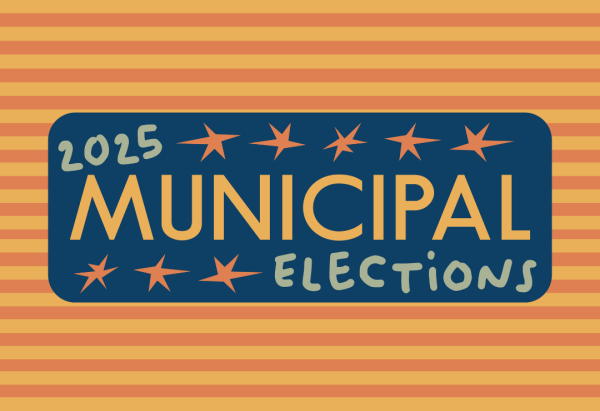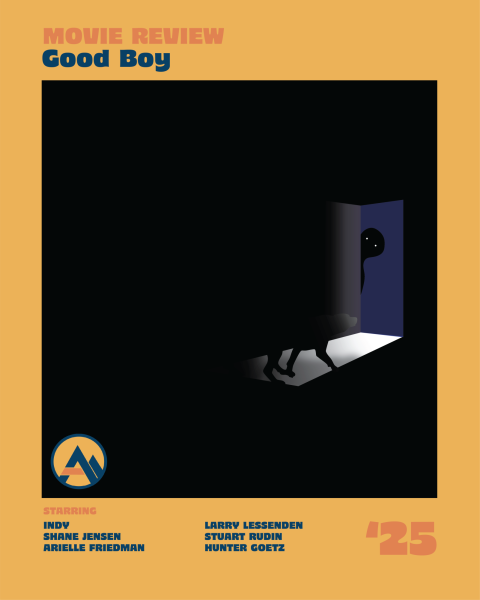OPINION: Truth, objectivity, and Postmodernism
November 21, 2019
What is true, and what is false? This elusive question has baffled Western thought since the ancient Greeks.
During the Middle Ages, the commonality between different kingdoms rested in their collective belief in God as the universe’s creator and that salvation rested in their faith in Him. Their conviction that they were right and all other beliefs were wrong led to bloodshed across numerous continents, resulting in skepticism towards religious officials.
As an institute of control, monarchs in the Middle Ages would partner with the Catholic Church, giving their rule a divine right. Intellectuals, such as John Locke, Montesquieu and Jean Jacques Rousseau, began questioning monarchies and other forms of authoritative regimes and chose to shape a new order built upon the ideas of natural law, rationality, progress and reason, known as the Enlightenment.
The Enlightenment philosophers replaced the Bible’s supernatural God with deism, which holds God to natural law, relegating him to the role of the primary cause of the universe, who has since been indifferent to it. Adam Smith applied Enlightenment principles to economics and argued that free trade benefits both parties involved, the government oversight leads to unintended consequences and people will follow their rational self interest.
Smith’s teachings resulted in the accumulation of wealth, scientific achievement and political reform, culminating in what is now considered modernity. Monarchies toppled and were replaced by democracies, giving a voice to numerous groups of people. However, many of Smith’s teachings became perverted and led to societal inequalities, replacing the feudal lords of the Middle Ages with a private ownership elite.
To solve these problems, among others, Karl Marx, began drifting away from Enlightenment principles in search of ideas to eliminate the inequalities brought on by Enlightenment principles. However, the disillusionment with the Enlightenment occurred post World War I and II, when the technological marvels produced by science led to the slaughter of millions.
The post-war consensus led to skepticism of Enlightenment ideals, such as reason and science being absolute. This vacuum lead to postmodernism: a collection of ideas designed to critique established norms. Postmodernists contend that there is no objective truth, rather truth is constructed by society. All ideas of morality are not real, but constructed.
Consistent with postmodern doctrine is the belief that institutions, such as science and language, are oppressive institutes of control. Words construct meaning through the historical context and socialization of a particular culture. For example, the number 13 in western culture connotes negativity, yet, in Chinese 13 means “definitely vibrant,” thus begging the question as to who is right, and who is wrong?
While Enlightenment and Postmodernism strive to analyze what is true and what is false, both fail to adequately distinguish between right and wrong. Postmodernism correctly addresses the role society plays in shaping its population’s views and perceptions of the world. In this sense, postmodern thought is correct in analyzing truth as individual interpretation. People are more willing to accept information that aligns with their worldview than they are to accept information challenging it.
However, postmodernism falters on its assumption that there is no universal truth beyond our individual perspective. While our perception and experience does shape our worldview, it intersects with objectivity and truth beyond our cognitive faculties. Postmodernism would say liberals and conservatives are both right, since their truth is based on interpersonal belief. Yet, they are both wrong because they formulate conclusions based on an incomplete truths brought on by both sides.
If both sides are right and wrong, does that not prove postmodernism’s point that truth is up to individual interpretation? Not exactly. Aristotle solved this philosophical problem in ancient Greece when he theorized that truth and ethical behavior bisect between two extremes, called the “Golden Mean.” Since both sides offer truth and falsehood, given their rejection of the other side’s perspective, then it stands to reason that the middle approach is true, since it formulates a solution based on complete information.
To answer humankind’s biggest question pertaining to truth is to find the middle between Enlightenment and postmodern philosophy. To choose one over the other is to look at the world from an incomplete lens. We should strive to reach a reasonable approach toward human progress while acknowledging our personal bias and give those with dissenting beliefs a platform.













